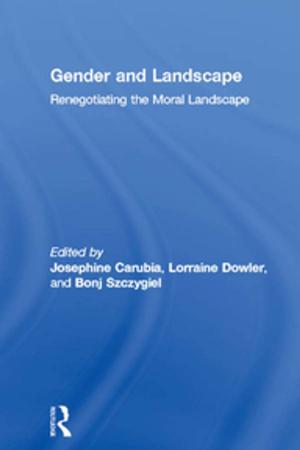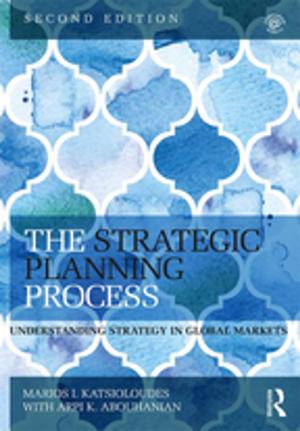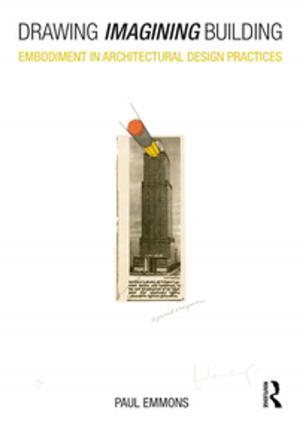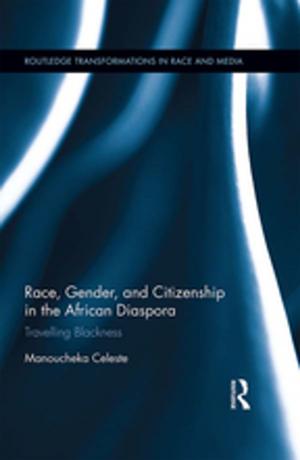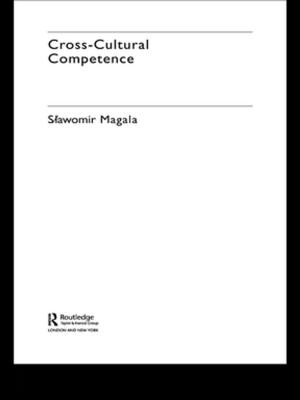EU-Turkey Relations in the 21st Century
Nonfiction, Social & Cultural Studies, Political Science, International, International Relations, Social Science| Author: | Birol Yesilada | ISBN: | 9781135126803 |
| Publisher: | Taylor and Francis | Publication: | February 11, 2013 |
| Imprint: | Routledge | Language: | English |
| Author: | Birol Yesilada |
| ISBN: | 9781135126803 |
| Publisher: | Taylor and Francis |
| Publication: | February 11, 2013 |
| Imprint: | Routledge |
| Language: | English |
The possibility of Turkey’s accession to the European Union has been problematic. Initially, the EU’s pursuit of regional economic integration and enlargement of membership, at the exclusion of Turkey, strained relations between the two. It was not until 1999, and under pressure from the US, that Turkey was considered as a potential candidate for membership.
This book seeks to provide a comprehensive assessment of the fluctuating relations between the EU and Turkey in the twenty-first century. Applying complementary theoretical models to evaluate prospects for Turkey’s membership, analysis includes; Turkey’s report card on the Copenhagen criteria, public opinion in Europe and Turkey, and benefits and challenges based on projection estimates. The results show that whilst both sides stand to make significant gains from Turkey’s membership, the current state of affairs point in the direction of a failure.
Examining complex issues surrounding EU-Turkey relations and addressing the critical question of what will happen if Turkey is rejected by the EU, this book will be of interest to students and scholars of politics, Turkey and the wider Middle East.
The possibility of Turkey’s accession to the European Union has been problematic. Initially, the EU’s pursuit of regional economic integration and enlargement of membership, at the exclusion of Turkey, strained relations between the two. It was not until 1999, and under pressure from the US, that Turkey was considered as a potential candidate for membership.
This book seeks to provide a comprehensive assessment of the fluctuating relations between the EU and Turkey in the twenty-first century. Applying complementary theoretical models to evaluate prospects for Turkey’s membership, analysis includes; Turkey’s report card on the Copenhagen criteria, public opinion in Europe and Turkey, and benefits and challenges based on projection estimates. The results show that whilst both sides stand to make significant gains from Turkey’s membership, the current state of affairs point in the direction of a failure.
Examining complex issues surrounding EU-Turkey relations and addressing the critical question of what will happen if Turkey is rejected by the EU, this book will be of interest to students and scholars of politics, Turkey and the wider Middle East.

